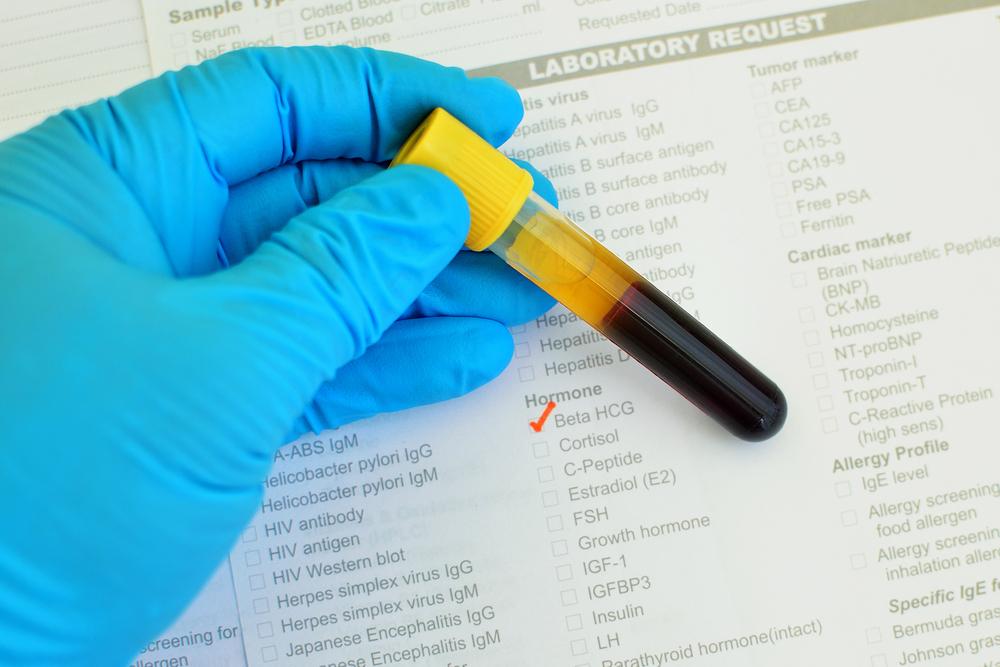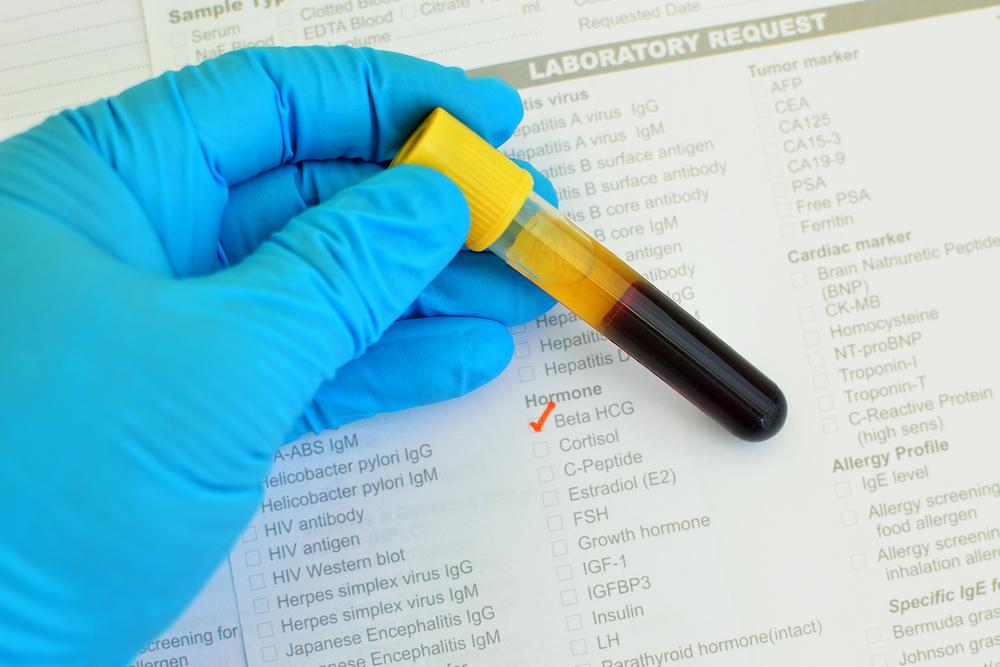Exploring the Latest Developments in Cancer Immunotherapy: What You Need to Know
This comprehensive article explores the latest advancements in cancer immunotherapy, explaining its mechanisms, types, effectiveness, limitations, and future prospects. It highlights how improved treatments have increased survival rates and offers insights into how this innovative therapy is reshaping cancer care, especially for resistant and advanced cancers. A detailed overview provides clarity for patients, caregivers, and healthcare professionals alike. Discover how immunotherapy is transforming oncology and what the future holds for cancer treatment.

Exploring the Latest Developments in Cancer Immunotherapy: What You Need to Know
Cancer immunotherapy has garnered significant attention as a cutting-edge treatment, promising hope for millions worldwide. But how effective is it truly, and what are the realities behind this promising medical advancement? In this comprehensive review, we delve into the latest progress, mechanisms, benefits, and challenges associated with cancer immunotherapy to help you understand this innovative field better.
Globally, cancer remains a leading cause of death. According to data from the National Cancer Institute, approximately 1.6 million new cancer cases were diagnosed in 2015 alone, with projections estimating around 600,000 deaths for that year. The most common types included breast, lung, prostate, colon, bladder, melanoma, lymphoma, thyroid, kidney, endometrial, leukemia, and pancreatic cancers. Despite these daunting statistics, advancements in early detection, personalized treatments, and innovative therapies like immunotherapy have dramatically improved patient outcomes over the past decade. By 2024, the number of cancer survivors worldwide is expected to reach nearly 19 million, highlighting the significant progress made in this domain.
This remarkable progress results from improvements in screening methods, early detection, and the evolution of therapies, including cancer immunotherapy. However, despite the hype surrounding its revolutionary potential, understanding what immunotherapy involves is crucial. This article aims to provide a detailed overview of cancer immunotherapy, its types, efficacy, limitations, and the future outlook.
Understanding Cancer Immunotherapy: A Revolutionary Approach
Cancer immunotherapy, sometimes referred to as biologic therapy, represents a paradigm shift in oncology. Unlike traditional treatments such as surgery, chemotherapy, or radiation, which directly target tumor cells, immunotherapy aims to harness and amplify the body’s innate immune defenses to recognize and destroy cancer cells.
Because cancer develops from the body's own cells that have undergone malignant transformation, the immune system often fails to identify these cells as threats. They are considered 'self,' which hampers immune attack. The primary goal of immunotherapy is to overcome this immune tolerance, effectively training the immune system to recognize and eliminate cancer cells.
Through the use of specific drugs, immunotherapy aims to neutralize the mechanisms that cancer uses to evade immune detection. By activating immune cells or removing the immune system’s ‘brakes,’ treatments can lead to more effective and durable responses, sometimes resulting in long-term remission.
Modern Varieties of Cancer Immunotherapy
Over the past decade, significant breakthroughs in immunotherapy have introduced several innovative strategies, many of which are now standard practice in oncology clinics worldwide. These approaches are continually refined to improve their efficacy and reduce side effects, offering new hope especially for patients with advanced or treatment-resistant cancers.
Monoclonal Antibodies: These lab-engineered proteins mimic natural immune molecules to target specific cancer markers meticulously. They can directly induce tumor cell death or recruit immune cells for attack.
Checkpoint Inhibitors: These revolutionary drugs unblock immune system brakes—proteins like PD-1, PD-L1, and CTLA-4—that tumors exploit to avoid immune attack. Blocking these checkpoints allows immune cells, particularly T-cells, to recognize and fight cancer more effectively.
Cancer Vaccines: Designed to boost immune recognition of tumor-specific antigens, these vaccines stimulate the immune system to identify and attack cancer cells. Types include tumor cell vaccines, dendritic cell vaccines, and prophylactic vaccines like HPV vaccines that prevent cancer development.
Non-specific Immunomodulators: These agents broadly stimulate the immune system, enhancing its overall ability to combat cancer. They include cytokines like interferons and interleukins that enhance immune cell activity.
How Effective Is Cancer Immunotherapy?
Assessing the success of immunotherapy involves looking at clinical trial results and real-world outcomes. Studies indicate that combined immunotherapy regimens often outperform single-agent treatments. For example, a landmark study from the Memorial Sloan Kettering Cancer Center demonstrated that combining ipilimumab and nivolumab significantly improved survival rates in melanoma patients, with efficacy rates surpassing 58%. These results are promising, especially considering the aggressive nature of metastatic melanoma, lung cancers, and certain brain metastases that were once deemed untreatable.
Moreover, immunotherapy has shown promising results in cancers traditionally resistant to conventional treatments, like non-small cell lung cancer, renal cell carcinoma, and certain types of bladder cancer. Its ability to induce durable responses and long-term remission in some patients is setting new standards in cancer care.
Limitations and Risks of Cancer Immunotherapy
While the potential of immunotherapy is undeniable, it is not without significant challenges. The long-term effects are still being studied, and some patients experience severe adverse reactions, including autoimmune-like inflammations affecting various organs such as the intestines, liver, and skin. These side effects can occasionally be life-threatening, necessitating careful patient management and monitoring.
Furthermore, not all patients respond to immunotherapy; some experience little to no benefit. Predictive biomarkers are under active research to identify which patients are most likely to benefit from these treatments.
In current clinical practice, immunotherapy is frequently combined with established treatments such as surgery, chemotherapy, and radiotherapy to maximize outcomes. While it offers groundbreaking hope, conventional treatments remain essential components of cancer management, with immunotherapy playing an increasingly vital complementary role.
Looking ahead, ongoing research continues to improve our understanding of immune mechanisms, develop new agents, and minimize side effects. As scientific advancements drive this field forward, immunotherapy is poised to become a cornerstone of personalized cancer treatment, transforming prognosis and survival rates for many patients globally.





